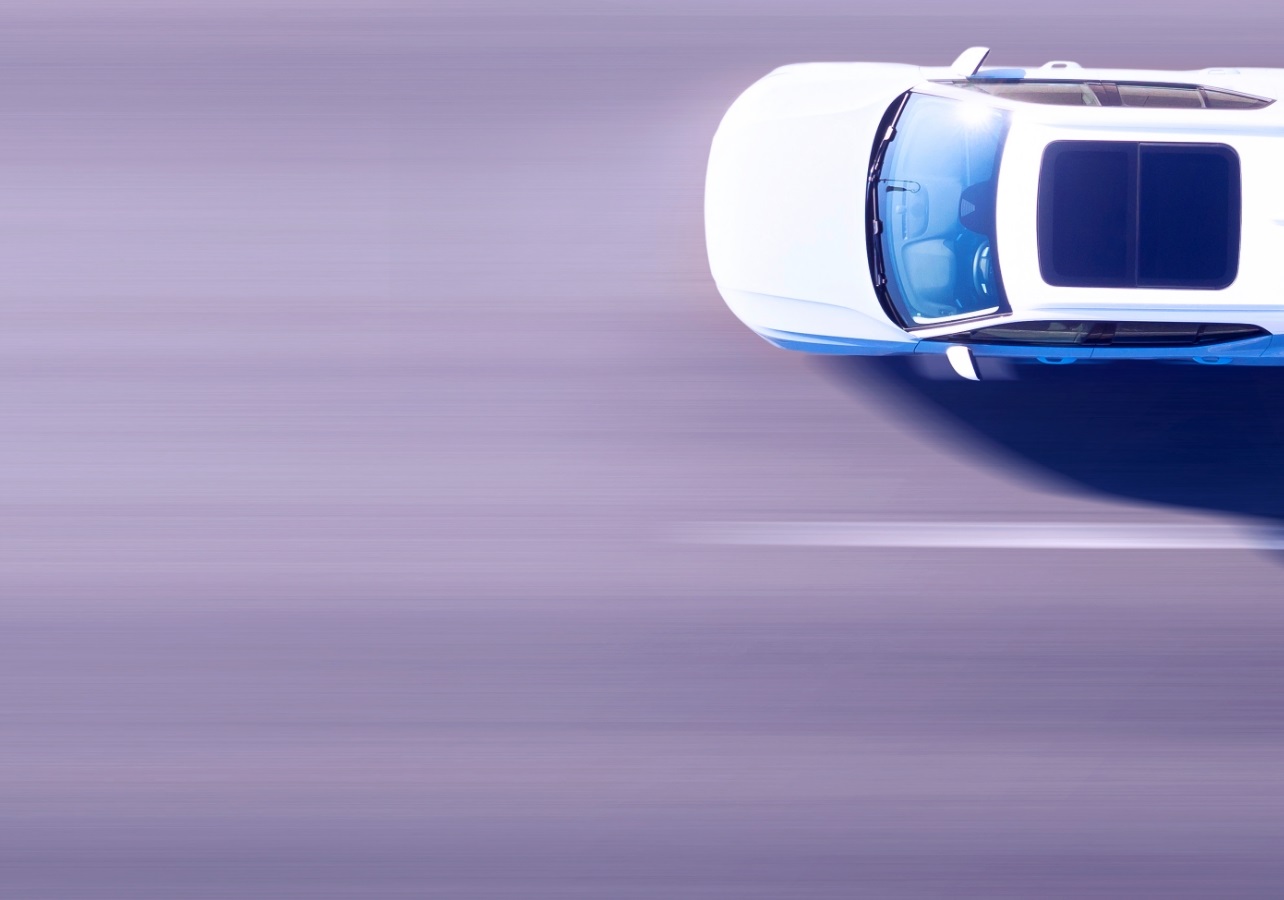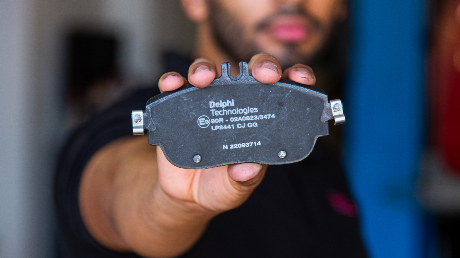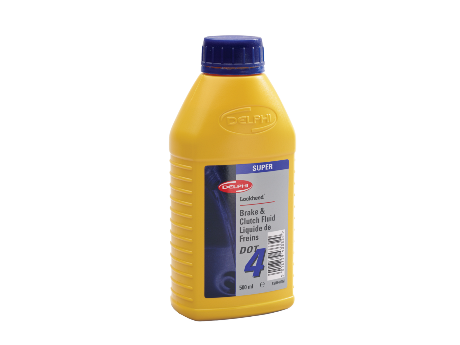Brake Discs

- Product Information
- Product Resources
- Enquire
- Related Products
ECE R90 certified brake discs
It should come as no surprise that our brake discs for new vehicles launched post 1 st November 2016 are R90 certified, alongside a range for popular older applications. After all, we’ve been meeting these quality standards for many years. The only difference today: our discs now undergo official ECE R90 testing schedules including performance, dynamic friction comparison, high load integrity and thermal fatigue analysis to certify that they perform to a prescribed tolerance of the OE part.
Learn more about Delphi’s R90 certified brake discs and why it matters.

Fully coated brake discs
Thanks to a special zinc-flake, silver Geomet coating, our coated brake discs offer greater and longer-lasting corrosion protection compared with many oil-dipped or partially painted and coated equivalents, whilst also being more cosmetically appealing. And because they have no oil to clean off, they save valuable labour and service time. All this makes for a better protected disc that’s easier to install, easier to dismount as well as being easy on the eye too.

High-carbon brake discs
The added carbon content in our high-carbon discs helps to both reduce the risk of thermal cracking under high-temperature loads, and allows the discs to operate at a cooler temperature, for a more consistent braking performance. It also increases their resistance to distortion or warping for added durability, while delivering noise and judder free braking.
Cross-drilled brake discs
As well as looking cool from behind your wheels, our cross-drilled discs will keep your brakes feeling the same way – cool. The cross-drilled holes dissipate heat, brake dust and gases, helping to keep the pad surface cool and clean and reducing the risk of thermal distortion and warping. These same holes also prevent a film of water forming during wet conditions for improved braked response.

Vented brake discs
Our vented discs feature special internal cooling passages to maximise airflow. By continually moving air across the disc’s surface or through the disc itself, they allow more heat to be dissipated, improving both cooling capacity and resistance to cracking from thermal shock.
Brake discs with bearings
To avoid damage to the bearing during removal, and ensure the correct pressing in into the new, we offer a range of discs with these safety critical components already pre-mounted. They also include both toothed and magnetic ABS sensor rings, as per the OE, and the relevant fixing accessories. All for quick and accurate installation.
One-piece cast iron brake discs
Our one-piece cast iron discs offer an aftermarket alternative to BMW’s patented two-piece bi-metallic composite disc. Engineered from a single piece of cast iron, they deliver the same standards of consistency, longevity and braking performance as the two-piece disc, but at a fraction of the price. And to top it off, they come with fixing screws for quicker and easier fitting.
The Delphi Difference
-
100 years of OE experience, supplier to the world’s top automakers
-
OE heritage and knowledge built into every aftermarket part
-
Comprehensive portfolio for a wide range of vehicles and model years
-
Streamlined SKUs for easy inventory management
-
Support through tools, tips and training

Related product resources and downloads

Resource Highlights
In this article you will find out about why the Delphi brake pads lasted 33% longer than the next best brand.
We’ll never grow tired of talking about our brake pad wear tests. That’s because they passed recent tests with flying colours, lasting longer than all other pads…and by some way.
We recently put our brake pads to the tests, together with the OE pad and six other leading aftermarket brands. We completed 428 stops from different speeds and under different pressures. And then we went again. In fact we repeated the cycle five times. A total of 2,140 stops, on both the front and rear axle for each pad. That’s a lot of stops.
Whilst we would expect some wear after all this stopping, we were surprised at just how quickly some brands wore. Not Delphi. On the front axle, where most of the braking is done, the Delphi pad experienced the least wear with only 0.9 mm – lasting 33 percent longer than the next closest brand. Three brands experienced two mm or more wear after the same number of stops. On the rear axle, Delphi came out joint second, after the OE.
.png?sfvrsn=21b9d82f_5)
To put this into context, most manufacturers’ service limits are three mm for brake pads. Under the same test conditions, the Delphi front pad would last 19,022 stops before reaching this limit, the next placed brand 14,267 stops and the worst brand only 6,848 stops. This is a significant difference, and demonstrates both the durability and added value for money of the Delphi pad.

Of course, we always knew our pads would be up to the job, because we engineer our friction material with this in mind. Factors such as the vehicle type, top speed, balance, weight, disc type and axle all have a bearing and need to be carefully considered. That’s why we use over 130 different friction ingredients to create more than 20 unique friction formulations for a close match of pad to vehicle. This helps to ensure the optimal stopping power, noise and obviously wear. Some brands use a lot less, resulting in an inevitable compromise in performance.
Test Criteria:
- Modified TWW test.
- 428 stops from various speeds with different pressures x 5 times.
- Pads measured before and after test.
- Front and rear axle tested.
- Car: VW Passat Variant.
- Engine: 2.0 TSI.
- Weight: 2168 kg total.
- Rolling radius: 0,308 m.
- Max. speed: 137 mph.
See how Delphi outperformed the competition in other key tests– stopping distances, noise and wet braking.

Visit our Technician Library for access to Documents and Downloads
Get in touch
The full Delphi product range

Find out where to buy Delphi parts










